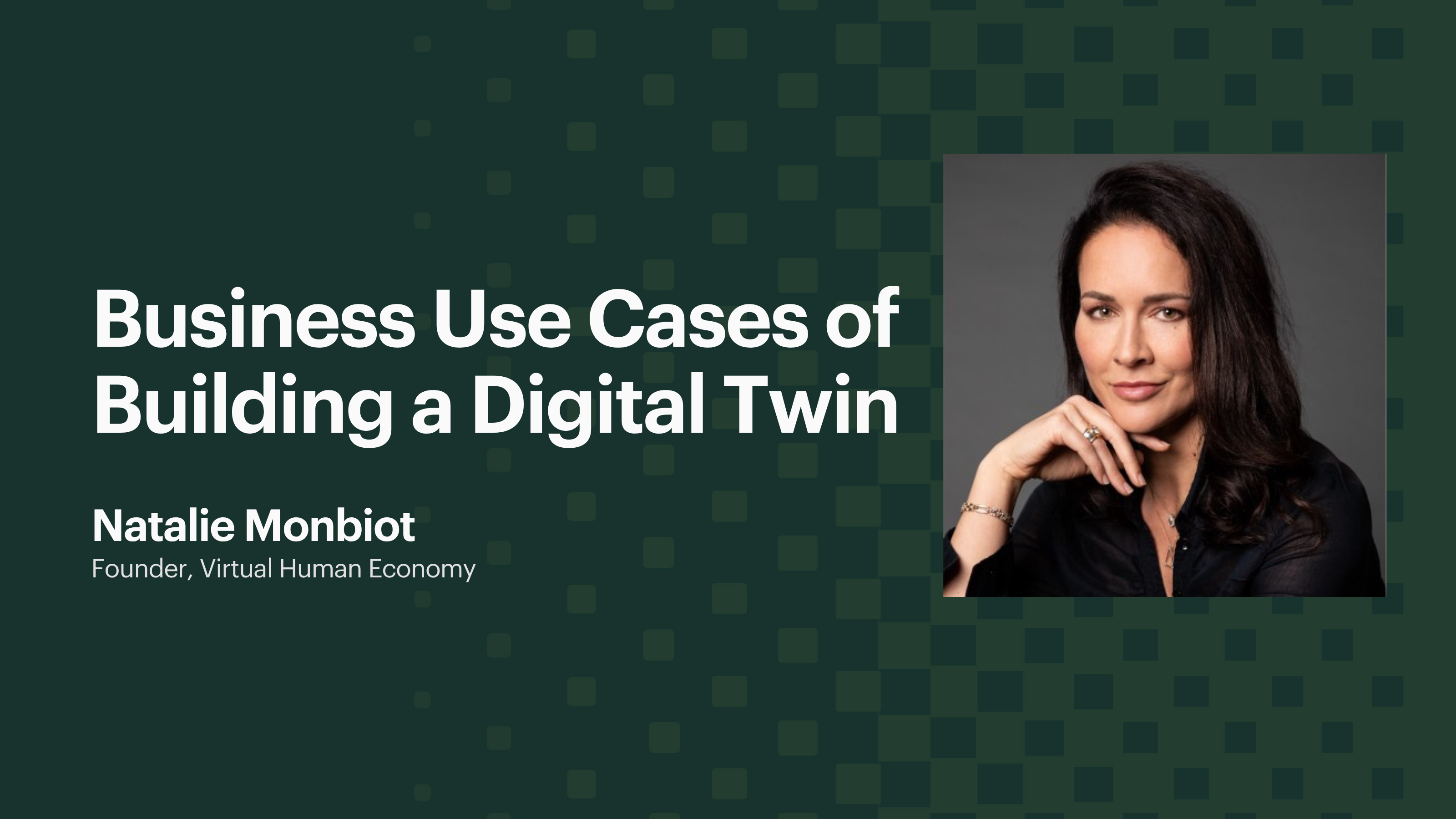Vijay Rajendran is an executive coach and investor based in Silicon Valley. He has worked with hundreds of early-stage startup founders, not just helping them grow faster, but helping them grow smarter. In a recent LinkedIn live with Wizly Co-founder Puja Bharwani, Vijay shared how to succeed in B2B sales, build lasting trust with customers, and transform from a founder to becoming a CEO. Below is a detailed breakdown of his core insights. His main advice? Don't just work harder—work smarter.
Why Trust Matters More Than Your Product
Most founders make the same mistake when talking to potential customers. They jump straight into explaining why their product is better. But here's the thing: that's not what matters.
"Startups don't sell products, they sell trust," says Rajendran. When big companies decide to buy, it's not just about logic. It's about emotions and relationships.
Think about it from your customer's point of view. What problems are they dealing with? What could go wrong if they switch to your product? What do they need to keep their job safe?
When you understand these concerns and show you really care about solving them, something changes. You stop being just another salesperson and become someone they want to work with.
How Small Companies Can Win Big Customers
New startups often feel like they can't compete with bigger companies. They don't have fancy case studies or thousands of customers. But this doesn't have to be a problem.
Here's what doesn't work: telling everyone you're "10 times better" than the competition. Here's what does work: inviting customers to try your product in a small, controlled way.
Set up a pilot program or a test run. Work with the potential customers to decide what success looks like. This does two important things: it shows you're confident in your product, and it gets the customer involved in making it work.
After the test, your contact inside the company can tell their boss: "We tried it. It worked better than we expected." That's the story that opens doors to bigger deals.
Finding the Right People Inside Companies
Not everyone at your company can help you. Some people are just trying to avoid making mistakes. Others are looking for ways to make things better.
The mistake-avoiders are focused on not getting in trouble. They ask lots of questions about risk and spend time on paperwork. You need to work with them, but they shouldn't be your main focus.
Instead, look for people who want to win. These are the ones with budgets and the power to make changes. They're your champions, and your job is to make them look good.
How do you help your champions? Keep their team updated on progress. Show them quick wins they can share with their boss. When they succeed, you succeed too.
Picking the Right Markets
It's tempting to go after big, famous companies or huge industries. But bigger isn't always better.
The best customers are ones who know they have a problem and are ready to fix it. Some industries are huge but don't like change. Others are smaller but eager to try new things.
Don't just look at how much money is in a market. Look at whether people are ready to buy what you're selling. A small market that's ready for change is often better than a big market that isn't.
From Doing Everything to Leading Everything
As your startup grows, you need to change how you work. This is often the hardest part for founders.
In the beginning, you're the "chief everything officer." You do sales, marketing, product development, and everything else. But as you grow, you need to become a real CEO.
A CEO doesn't do everything. Instead, they set the direction, make sure the company has money, work with investors, and build the company culture.
This means you need to stop doing tasks and start helping others do them well. You create systems, communicate clearly, and make sure everyone knows what they should be doing.
Leading in Today's World
Today's business world is different. AI tools can do more work faster. Teams are smaller. This changes what leaders need to do.
Your value isn't about your job title anymore. It's about the results you create. Instead of saying "I'm a marketer," you need to focus on "I increased sales by 30%."
Success comes from bringing together the right tools, people, and information to get things done. You become like a conductor of an orchestra, making sure everyone plays their part at the right time.
Staying Real While Selling Dreams
One of the hardest parts of being a founder is staying honest while talking about a future that doesn't exist yet. How do you do this without feeling fake?
The answer is to start with your values. What do you believe in? What's your company's mission? Why does this matter?
When you know your values, they guide everything you do. Even when you're describing something that isn't built yet, people can tell you believe in it because it comes from who you are, not just what you want to sell.
The Bottom Line
Building a successful startup isn't about having perfect answers from day one. It's about building real relationships, making smart choices, and staying true to what matters.
The basics still work: trust people, understand their problems, think strategically, and lead with honesty. These things don't change, even as technology and business methods evolve.
For founders ready to grow their companies, it starts with a simple shift: stop trying to do everything yourself and start building the systems and relationships that help others succeed with you.
Keep Learning from Vijay
If you want to go deeper into these ideas, Vijay has created an AI-powered Knowledge Twin that makes his insights accessible anytime.
.png)


